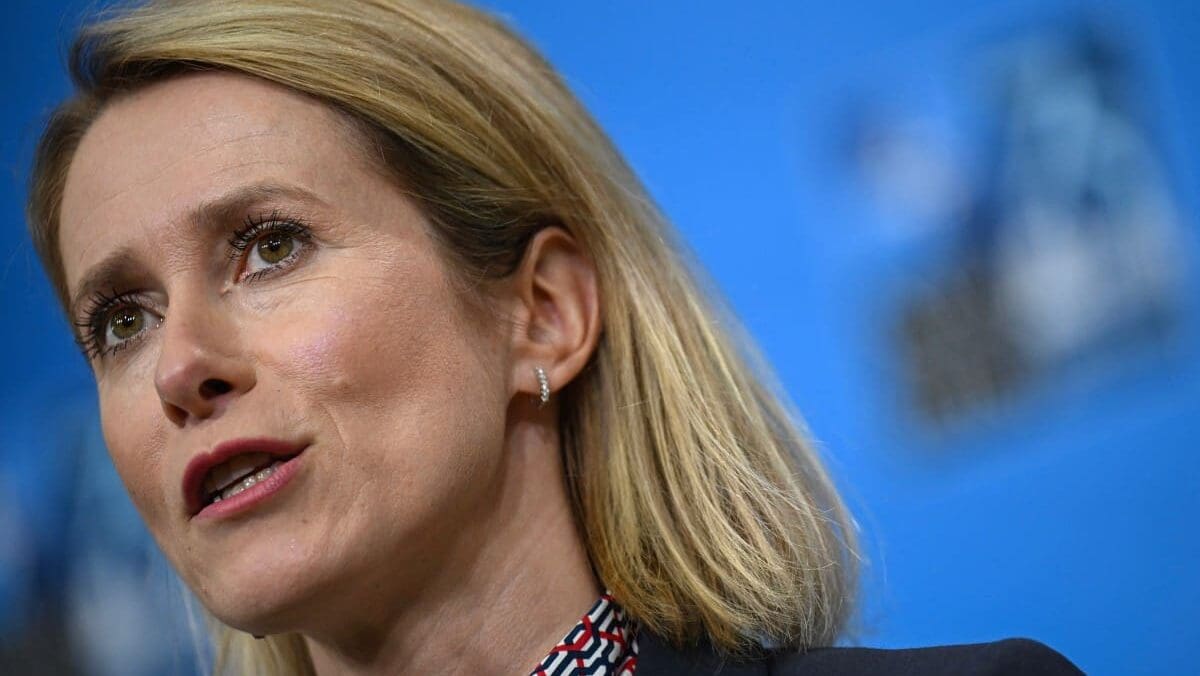
Estonian Prime Minister Kaja Kallas formally submitted her resignation on Monday, July 15th, as she expects to be voted in as the EU’s new foreign policy chief.
Kallas was appointed prime minister of the small Baltic nation in 2021 after the fall of the previous government and then led her liberal-centrist Reform Party to victory in the 2023 elections, forming a coalition with the Social Democrats and the liberal E200 party.
Kuivõrd täna esitasin tagasiastumispalve, siis panin blogisse ka mõned mõtted tehtust. Kuigi pealkiri “lühike”, siis liiga lühike ei tulnud. https://t.co/Abmit1rr7R
— Kaja Kallas (@kajakallas) July 15, 2024
The 47-year-old is known as one of the most hawkish leaders in the EU, and one of the staunchest supporters of Ukraine. This year, Estonia is forecast to spend 3.4% of its GDP on defence, the second-highest ratio among NATO member states. “These decisions help to ensure that Estonia is firmly protected and a safe place to live,” she said.
Kallas was previously considered too hawkishly anti-Russian to be given the position of NATO Secretary-General, but was chosen by a qualified majority of EU member states governments as the EU’s next High Representative for Foreign Affairs and Security Policy, a position currently held by Spaniard Josep Borrell. She was nominated through a backroom deal by leftist and centrist European leaders, as part of a package to reelect Ursula von der Leyen as European Commission President.
The European Parliament still has to approve the new Commission, including Kallas, but the question remains whether they have the support of the majority.
The current leftist-liberal coalition in Tallinn will likely continue without Kallas, depending on negotiations between the three parties, and Climate Minister Kristen Michal is likely to become the next head of government. Kallas will remain in office until a new government is formed.
Her move to Brussels may have come at a good time for Kallas, as her party performed poorly in the European elections in June. The Reform Party finished in third place with 18% of the votes and is currently polling at 15%, a significant decrease compared to the 31% they received in the national elections last year.
Reasons for the party’s sinking popularity could be the government’s tax hikes and budget cuts, legalising same-sex marriage, which almost half the country opposes, and the revelation that Kallas’s husband was involved in a company that continued to operate in Russia while she publicly criticised those who continued to trade with Moscow.
